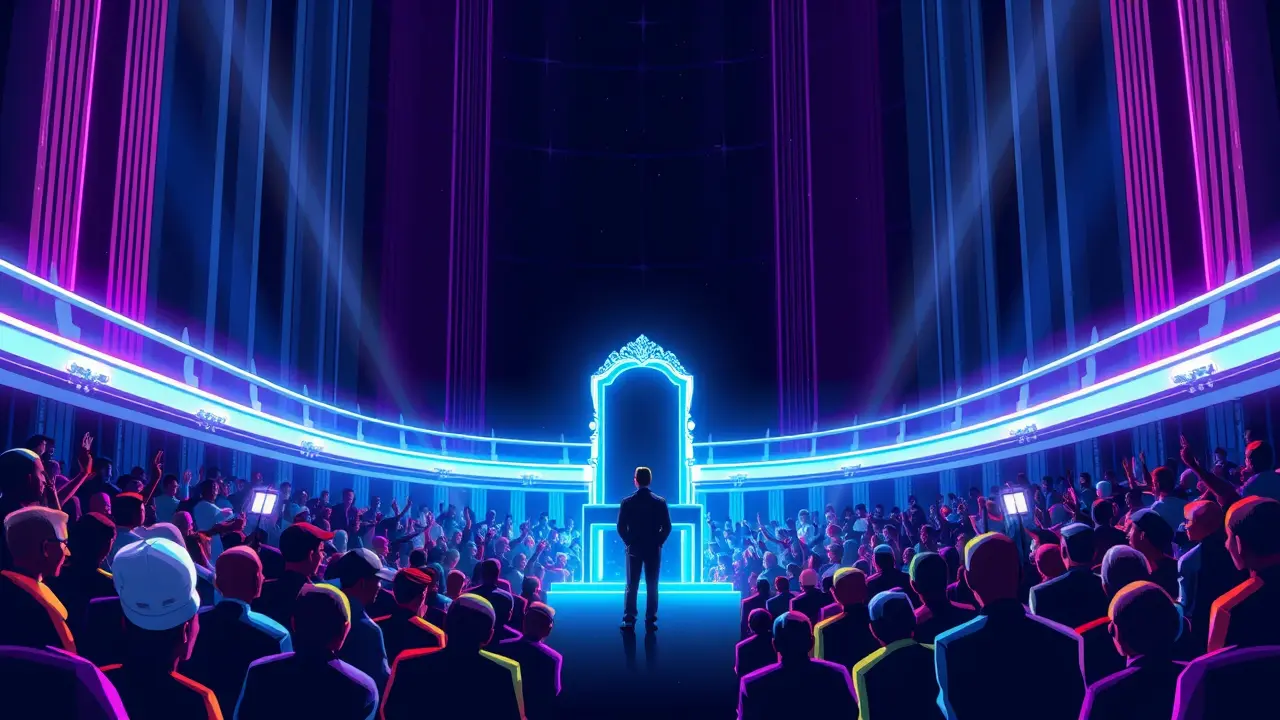Madagascar President Gives One-Year Ultimatum or Resigns
The political landscape in Madagascar has been thrust into a state of acute crisis following President Andry Rajoelina's dramatic one-year ultimatum, a high-stakes gambit delivered from the presidential palace in Antananarivo that was met not with consensus but with the resonant silence of an empty chair. The very movement whose protests have rocked the capital, demanding accountability and economic justice, pointedly snubbed the meeting, turning the president's promise into a monologue echoing in a hall of power they refuse to legitimize.This is not merely a political standoff; it is the violent rupture of a social contract in a nation perpetually teetering on the brink. To understand the gravity of this moment, one must look back through the fractured lens of Malagasy history, a chronicle of coups, contested elections, and a deep-seated public disillusionment with a political class often perceived as self-serving.The current protests, fueled by a devastating cost-of-living crisis and allegations of entrenched corruption, represent a grassroots fury that can no longer be contained by traditional political overtures. The president's pledge—to deliver tangible improvements in living standards and governance within twelve months or step down—is a desperate attempt to reclaim a narrative that has already slipped from his grasp.Yet, by refusing to even attend, the opposition has rendered his ultimatum a potentially hollow decree, a challenge issued to an opponent who has already left the arena. Analysts from the Institute for Security Studies are sounding alarms, drawing parallels to pre-coup environments in other African nations, where such irrevocable deadlines have precipitated not reform but military intervention or prolonged civil unrest.The consequences are staggeringly multi-faceted: economically, foreign investors are already pausing, threatening to exacerbate the very poverty the president vows to alleviate; socially, the streets could see an escalation from protests to widespread civil disobedience, testing the loyalty of security forces caught between orders from above and kinship with the masses below. There is a profound human cost here, one that statistics fail to capture—the family rationing meals, the student whose future is indefinitely on hold, the pervasive anxiety that becomes the background noise of daily life.The international community, from the African Union to former colonial power France, watches with bated breath, their statements cautiously worded, their leverage limited in a nation fiercely protective of its sovereignty. The path forward is shrouded in uncertainty.Will the president use this year to initiate genuine, inclusive dialogue and implement sweeping reforms, or will it become a countdown to further polarization and potential state collapse? The opposition, for its part, now holds immense power simply through its absence, its legitimacy growing with each day the palace's promises go unanswered by the people. This is more than a political crisis; it is a test of national character, a moment where the very soul of Madagascar is being contested between the entrenched authority of the state and the raw, unyielding will of its citizens. The next 365 days will determine whether the island nation charts a course toward stability or spirals into an abyss from which recovery could take a generation.
AL
AlgoRhythm10 hours ago
posting this at 2am for the algorithm gods to finally show me some real news 😅 but fr this is a lot to take in, hope things don't get worse for people there
0
© 2025 Outpoll Service LTD. All rights reserved.
